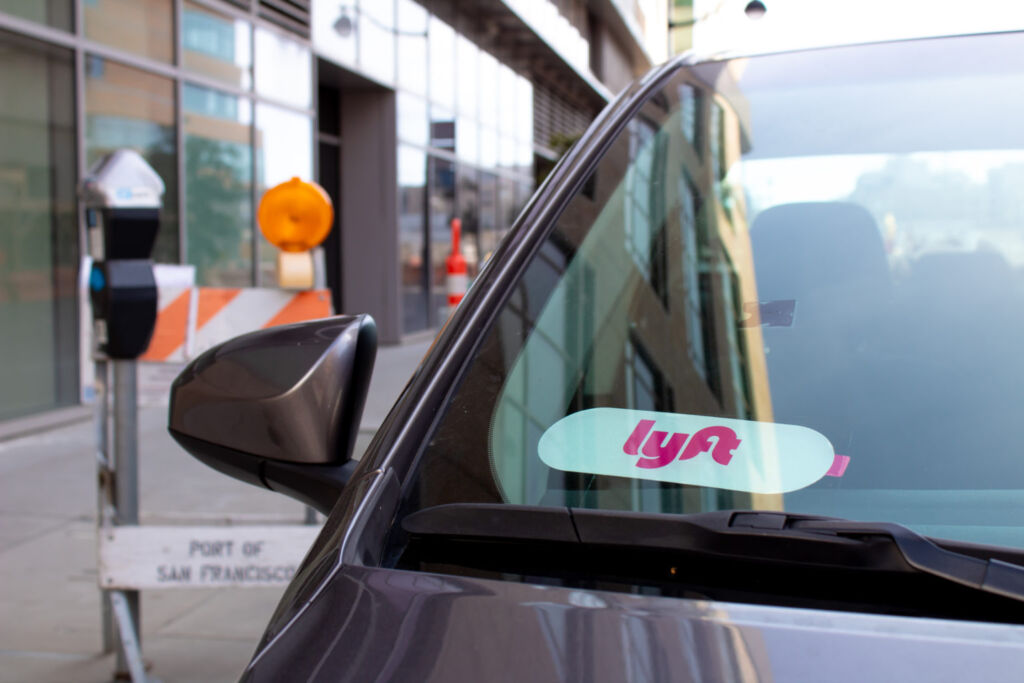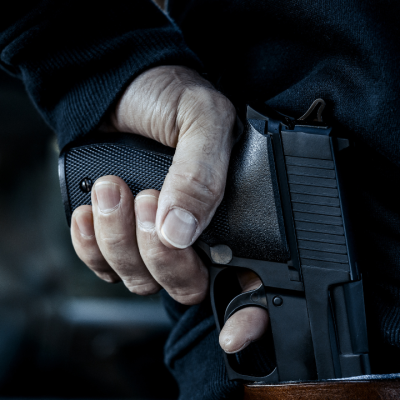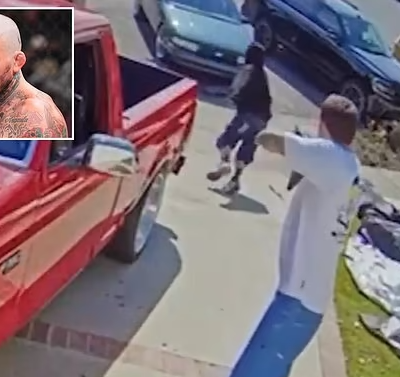Scott Javoroski, a 51-year-old father of five, was no stranger to the bustling streets of Milwaukee. Every weekend, he’d leave his suburban home to drive in the city, where the rideshare business was more profitable. On a seemingly ordinary night in February 2021, a ride request from a user named “Alpha” caught his attention. Although the name was unusual, the pickup location was familiar.
Javoroski had been a rideshare driver for four years, completing over 7,000 rides. He started this side gig to support his children’s extracurricular activities and pay off debts. His dedication to the job was evident from his choice of a luxury vehicle, an Audi A6, which allowed him to charge a premium rate. He took pride in maintaining a pristine car and a near-perfect driver rating.
Upon arriving at the pickup location, Javoroski was directed to a nearby driveway where he saw two men signaling him. Both wore hoodies and masks, but given the ongoing pandemic and cold Wisconsin winter, this didn’t raise any alarms. However, Javoroski always remained vigilant, ensuring the safety of both himself and his vehicle.

As the two men approached, one from each side, Javoroski unlocked the doors. The dash camera he had installed for added security captured the next moments. One man entered the back seat while the other tried to force Javoroski out. Thinking he was being threatened with a gun, Javoroski tried to reason with them.
Javoroski’s concealed carry permit and lifelong experience with firearms became crucial. That night, he had two guns in his car. But with one attacker blocking access to his Walther CCP 9mm in the door compartment, he had to think fast. Using his martial arts training, he managed to fend off the attacker long enough to draw his weapon. The sight of the gun was enough to send both attackers fleeing.
The entire ordeal lasted just over a minute, but it felt much longer to Javoroski. He immediately reported the incident to the police, who took his statement and collected evidence. The video footage revealed that the supposed weapon was just a cellphone.
Following the incident, Javoroski took a brief hiatus from rideshare driving. He reflected on the events and made changes to his safety protocols. He now screens riders more rigorously, declining those with suspicious profiles. He’s also advocating for better safety measures for drivers, highlighting the disparity between driver and rider verification processes.
Despite the traumatic experience, Javoroski continues to drive, albeit with heightened caution. His family and friends support his decision, though his mother remains understandably concerned. Javoroski humorously notes the irony of his job, which contradicts age-old advice about not getting into cars with strangers.
In a world where technology connects us in unprecedented ways, Javoroski’s story serves as a reminder of the importance of preparedness and the unpredictable nature of human interactions.





